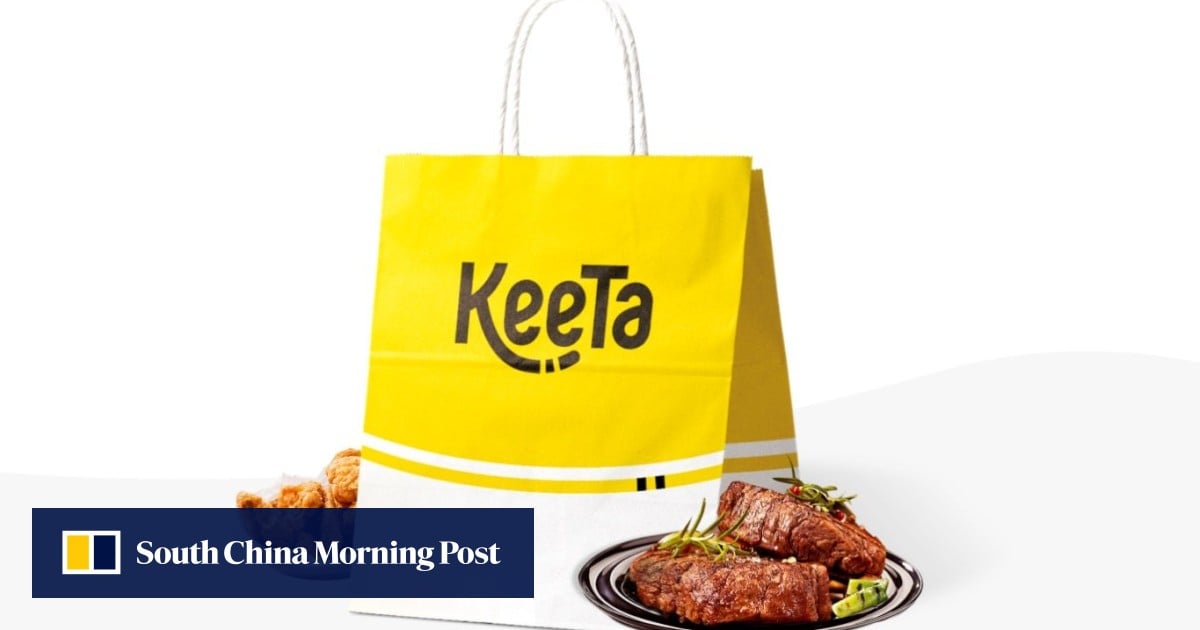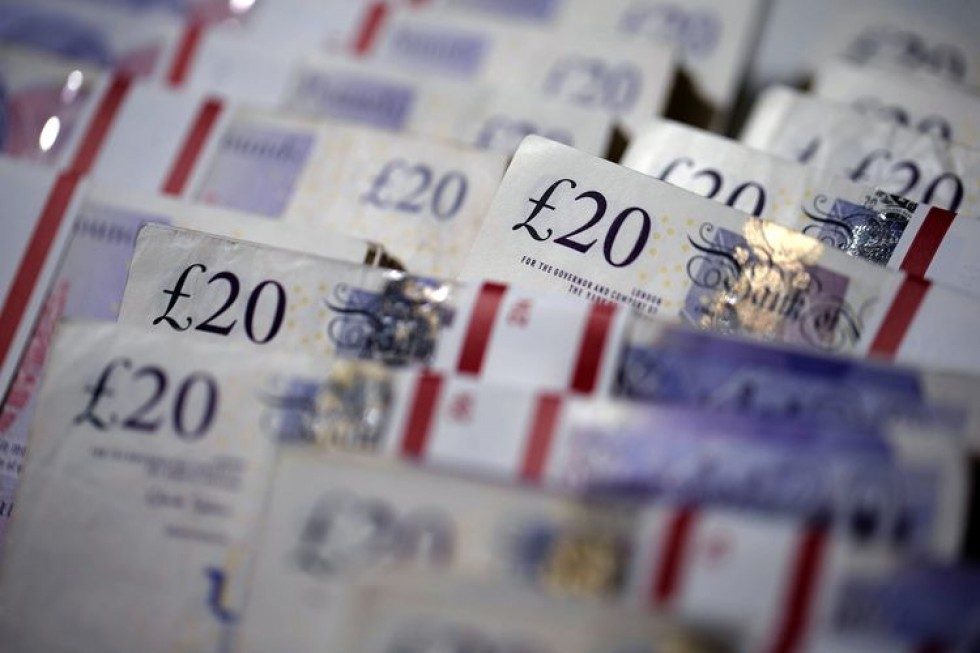WASHINGTON/TOKYO — As the US renews its warning against companies linked to forced labor allegations in China’s Xinjiang region, Japanese businesses, from solar panel manufacturers to apparel retail giant Uniqlo, are increasingly concerned about a backlash over potential human rights violations at their indirect partners. The State Department and five other agencies warned in an updated advisory Tuesday that American businesses that fail to exit supply chains, ventures, and investment in Xinjiang “run a high risk of violating US law,” implying that even indirect links to rights violations against the Uyghur ethnic minority in the region could result in penalties. Renewable energy materials, such as polysilicon, and gloves are among the industries mentioned in the advisory, which brings the total number of industries to 20 from 17. By failing to handle concerns in Xinjiang, foreign corporations trading in American products may also be breaking US law. Polysilicon’s inclusion on the list presents a significant issue for connected businesses. Approximately 80% of the material used in solar panels is produced in China, with half of that produced in Xinjiang. Tokuyama, a Japanese silicon producer, claimed it does not directly acquire materials from Xinjiang, but that it is “not yet able to track every single step goods go through before delivery.” The corporation is conducting an assessment of its second- and third-tier vendors. “The impact of the US government’s latest judgment is yet uncertain,” the business added. Tokuyama, on the other hand, stated that it will make every effort to rectify any flaws raised during its review. Sharp looked into its solar panel supply lines, but identified no deals in the Xinjiang region. Nintendo stated that it had found no indication of forced labor in its supplier chains. The majority of Japanese companies fail to present a complete picture of their supply networks. Only 12% of corporations surveyed by the Nikkei indicated they looked for human rights breaches at indirect business partners. Daiwa House Industry, a homebuilder, indicated that none of its direct suppliers do business in Xinjiang, but it “had not checked” whether this is also true for second- and third-tier suppliers. It’s not straightforward to screen indirect suppliers. “We deal with a lot of different items, so digging into the supply chains for each one isn’t a practical option,” a major apparel manufacturer that works with a plant in Xinjiang said. “Multi-layered production systems are a significant impediment to these efforts.” However, some businesses have already begun to act. Toshiba has announced that it will suspend a licensing agreement with a company that is accused of using forced labor in China by the end of the year. Even corporations who claim they have no ties to Xinjiang face risks. Last year, brand operator Fast Retailing stated that “no Uniqlo product is made in the Xinjiang region,” and that “no Uniqlo production partners subcontract to fabric mills or spinning mills in the region.” However, US customs intercepted a shipment of Uniqlo shirts earlier this year on suspicion of being created with forced labor. The firm behind the Muji retail chain, Ryohin Keikaku, has stated that it employs Xinjiang-grown cotton in its clothes but has discovered no evidence of forced labor in the manufacturing process. If any problems are discovered, the shop stated it will discontinue using Xinjiang cotton. Kewpie, a condiment company, also stated that it has validated with vendors that components purchased from Xinjiang were not created with forced labor. According to Kunio Miyaoka, counsel at Tokyo-based legal firm Mori Hamada & Matsumoto, the tougher warning from Washington “increases the danger of corporations facing huge fines, criminal charges, and canceled contracts with US partners.” However, Miyaoka cautioned that Japanese businesses must strike the correct balance between the US and China. “If corporations stop doing business [with Chinese operators] just because of US demands, they risk retaliation from Beijing,” he said. “Regulations in both the United States and China will have to be closely monitored.”/n
Read MoreUS puts Japan Inc. on edge over Xinjiang supply chain risks
2021-07-14T20:43:43-04:00July 14th, 2021|





